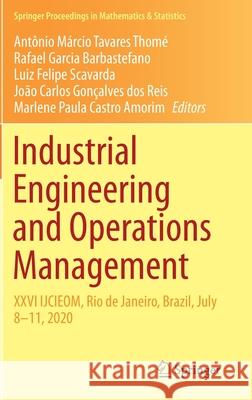Industrial Engineering and Operations Management: XXVI Ijcieom, Rio de Janeiro, Brazil, July 8-11, 2020 » książka
topmenu
Industrial Engineering and Operations Management: XXVI Ijcieom, Rio de Janeiro, Brazil, July 8-11, 2020
ISBN-13: 9783030569198 / Angielski / Twarda / 2020 / 649 str.
Industrial Engineering and Operations Management: XXVI Ijcieom, Rio de Janeiro, Brazil, July 8-11, 2020
ISBN-13: 9783030569198 / Angielski / Twarda / 2020 / 649 str.
cena 603,81
(netto: 575,06 VAT: 5%)
Najniższa cena z 30 dni: 578,30
(netto: 575,06 VAT: 5%)
Najniższa cena z 30 dni: 578,30
Termin realizacji zamówienia:
ok. 16-18 dni roboczych.
ok. 16-18 dni roboczych.
Darmowa dostawa!
Kategorie:
Kategorie BISAC:
Wydawca:
Springer
Seria wydawnicza:
Język:
Angielski
ISBN-13:
9783030569198
Rok wydania:
2020
Wydanie:
2020
Numer serii:
000447439
Ilość stron:
649
Waga:
1.09 kg
Wymiary:
23.39 x 15.6 x 3.66
Oprawa:
Twarda
Wolumenów:
01
Dodatkowe informacje:
Wydanie ilustrowane











